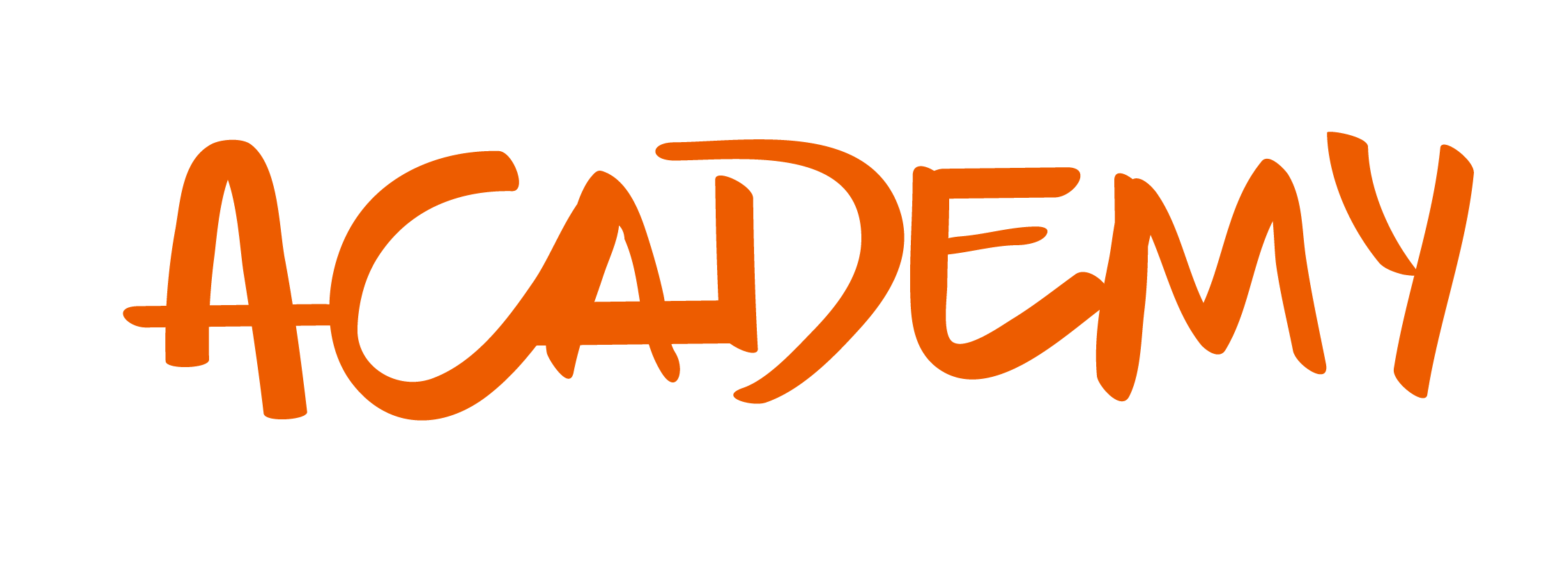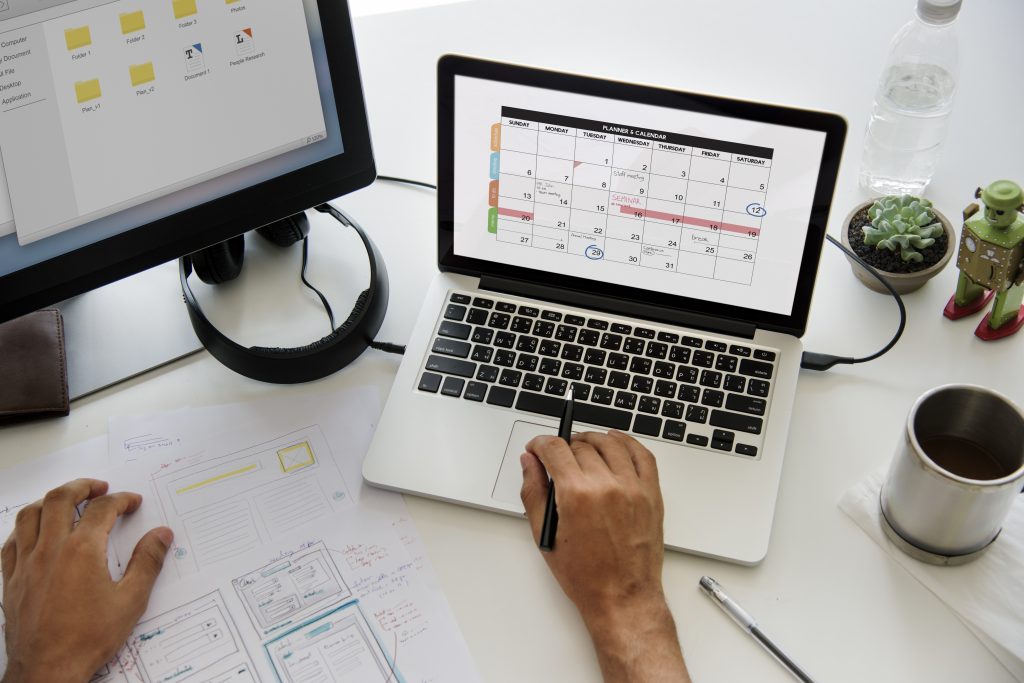Time tracking isn’t just a necessary evil. It provides crucial insight into your business. In this article, we’ll discuss reasons to track time in your agency and its benefits.
If you’ve never used any app to track time before, you might be surprised that many veteran time trackers consider it the lifeblood of their business. It’s one of the most important things they do, as indispensable as payroll or accounting, or project management.
That’s because time-tracking software touches on some of the most important parts of the business. Not only does it help you to get paid if you’re charging hourly, but it’s like X-ray vision for your projects. It lets you know if you’re making money on the work you’re doing or burning through cash. It lets you know if things are on track to hit their budgets and deadlines, and if your team is working at a healthy rate and fulfilling all its billable hours. It lets you know to you and your team about chemistry and workflows in real-time and communicates if there are any unwanted drawbacks.
It doesn’t matter if you are a creative director, a project or traffic manager, or a studio technician, everyone in an advertising agency should use some kind of timesheet software. In doing so, your agency will be able to compare estimated vs actual hours and eventually maximize profit.
Surprisingly enough, we still find ad agencies managing their projects manually, which contributes to a lack of control and project visibility.
As soon as you say the words, “time tracking” you may get different reactions from your team. The key to success is to communicate your message and stress the importance of what you are trying to achieve. You definitely, don’t want to come across a micro-manager who is only interested in time sheets.
That’s why your team must understand the reason behind your initiative to track time against the project.
Why should your agency track time?
Gaining Visibility on hours spent on a client Project
Wouldn’t your team be more likely to stay on a budget if you could view the hours and money you spent on each project in real time? Time-tracking tools will provide that visibility.
Employees simply select the appropriate client or project name when they start working. When they are done, they hit “stop” or choose a different client. The agency time tracking device records the exact number of working hours your team members do in each project. No more guessing approximately how much time an employee spends on a client. No more virtual or in-person check-ins to make sure every project is getting touched. No more waiting until hours have been submitted to catch overspends.
You´ll have automated timesheets with accurate time down to the second, and you’ll always stay on top of whether or not each project is profitable.
Keep your clients’ hours under control
Have you ever that your marketing agency’s clients demand a lot more time than they’re paying for? Fortunately, time-tracking software helps you track and set limits on client hours.
From there you can make adjustments to stay within your budget. This system also helps your creative agency to find a balance fair with your client. By improving your time management, and stopping wasting extra time and money on a project that has already gotten a lot of attention, your team knows how to shift their attention to other clients who haven’t received all the service they paid for yet.
Assign supplementary staffing when needed
Sometimes, you need to meet important deadlines and you don’t have the resources to do it. When agency teams are pressed for time, they can benefit from supplementary staffing and resource allocation features.
It’s much easier to manage contractors and freelancers knowing the benefits of time management apps. Detailed reports on resource management and proof of work features like screenshots and URL reports in your IOS or Android will give you confidence that you’re getting the help that you paid for.
You can even use a time tracker to help you choose the right tasks and projects to outsource. Looking at the tracking data of team productivity in tasks, you will see what tasks take the longest to develop. Track projects and see where all the money is going, so it makes sense to outsource those tasks at a per project to save money and free up your workload as a tracking solution.
Better Reporting
Even with a real-time look at project hours and budgeting, agency teams still rely on formal reports to develop future plans.
Whether it’s budgeting billable hours or website and app activity time, accurate estimates on time tracking tools and project management tools can help your team gather information in a few simple clicks. From there, you can add the data to your project files or send it to your clients.
Exported reports on deliverables can also serve as proof of work when you need to show your clients what they’re paying for.
Keeps employees accountable and identifies underperforming employees
Time entry tools provide proof of work and they will help agencies gauge employees’ performances. Optional screenshots, keyboard and mouse activity tracking, and web and app usage help you understand how each member of your team works.
With proof of work features and metrics, managers can provide the right tools and assign employees to the work they do best.
With optional screen capture features, ad agencies can check in on their employee’s activity without interrupting work for a status update. This visibility is especially valuable when you’re working with multiple clients who all want updates.
A time-working and proof-of-work app can take quick snapshots at various intervals throughout the day. If a team member starts falling behind on their work, managers can check the data to find out and help to fix the source of the issue.
Better project management
A lot of time-tracking software for ad agencies integrates with popular project management software. Tasks from popular project management apps can populate directly into your time-tracking system.
This makes it easy to track time to specific projects. It also cuts down the time it would take to manually transfer over all your projects from a separate project management tool.
When you start tracking time by project and tasks, hourly rates are visible and you can now bill clients with more precision than ever. It’s easier to estimate timelines, assign work efficiently, and hold more useful retrospectives after completing projects; overall your team’s time is used at its fullest.
Integrate with accounting systems
Many are types of work where project management tools show how your team can increase efficiency. You can spend less time on administrative tasks like payroll with smart automation in your time-tracking software.
Timesheet corrections and integrations, and other work about work employees have to do hurt their productivity considerably. That’s why time-tracking software integrates with payroll tools.
With a few simple clicks, your teams can turn tracked time into accurate timesheets.
You can spend less time on back-office tasks and focus more on your top priorities too.
Better Invoicing
Time-tracking tools help you bill clients faster too. You can create your own custom invoices with just a few clicks. Add your agency’s logo, branding, and any other information you need.
Once you’re finished, send them out via email to streamline the process and improve your bottom line.
Track invoice status and easily export payment information for accounting. Plus, you can track billable hours to compare with paid invoices to make sure you’re staying profitable on every project.
Better project planning
Advertising agency project managers have plenty to juggle. Whether it’s managing global teams across multiple time zones or building project plans, they work around the clock to ensure projects are completed on time and within budget.
With time-tracking software, you can collaborate with project managers to build project plans and have fewer meetings to flesh them out.
When you complete a project, you’ll have access to the hours, money, and resources you consumed along the way. You can use this data to learn from your successes and failures and plan better projects.
Enable Freelance, remote, or contract
When it comes to ad campaigns, sometimes a few extra hands go a long way. Fortunately, time-tracking software isn’t just for your team. Onboard freelance, remote, and contract workers with a few simple clicks.
Once they’re on board, it’s easy to teach them how to select projects and start and stop their timer. They can switch seamlessly between the desktop, web, and mobile app, too. That means you won’t need to provide devices for them.
You’ll never need to worry about time theft either. Proof of work features like optional features screenshotting and activity scores will help to ensure that your freelancers only bill for the work they’ve done for you and your clients. If they’re working on projects for other people on your time, you’ll have a record of it.
33% of agencies don’t track their time at all
From COR latest, we’ve found some numbers that ring alarms and should worry agencies and embark them on the right way. Manual timesheet entries have found a 32% in response, whereas automation tools a 35%. Planning to add some kind of time tracking tool in the future had a 7,85% response and to end with 24, 90% don’t track their time at all.
Next, we’re going to discuss what are the most common excuses for these statistics.
Common excuses for not tracking time
It’s not part of our working culture
Certain organizations feel that time tracking is not part of their culture. That’s understandable, but not enough. No one enjoys filling out timesheets. But the data they surface and the revenue they help to create enable top-performing agencies to continue to win new businesses and keep current clients. Besides, the world of timesheets has changed. Online timesheets are easy to complete, mobile friendly, and integrated with Google and many other apps that your team loves to use.
We have a small team
Without a doubt, time tracking becomes more powerful at scale. But even small firms benefit from a better understanding of client-by-client profitability, improved benchmarking, and in-depth reports on individual employee profitability. Even with as few as three or four employees, it can be challenging to know who is working on what, and how many hours or dollars remain for a given project.
We don’t care
This one may come as a surprise. “We don’t care about tracking time” is the same as saying “We don’t care how much money we make”. Running an agency is no easy task, and time tracking offers budgeting, forecasting, and staffing tools that consistently reduce costs and increase margins.
Fear of Micromanagement
Agency leaders may worry that asking their employees to keep track of their time spent on projects and various initiatives will make them feel as though they don’t trust them. They may be concerned that workers will see the software as a micromanagement tool meant to keep them in line.
Lack of Resources
Some agencies simply don’t want to track time and are unclear on the benefits. If you fall into this camp, don’t worry we’ll explain how to implement this and its benefits.
How to start tracking your time
Time tracking is easy to implement. Simply install COR, create an account, and get started. Most time tracking tools offer a free trial so you can test it out before you commit to paying for anything. In many cases, it doesn’t require a credit card.
If you already use COR, look for a tool that can import tasks and projects so that your team can track them accurately. You can also set up your projects within your time tracker if you prefer.
Benefits of tracking time
Secures proper time estimates
Without proper time estimates, creatives may focus their attention on less important tasks. COR will help to estimate time budgets better, so the team has a clear window on deliverables. In addition, transparency is always good for work dynamics, because team members can look at their budgeted hours and have a sense of autonomy.
Validates your Work
When a report is presented you can actually see the time logged, the number of meetings, requested revisions, workshopping, and everything in between with detailed notes and the time spent on it. The client is typically impressed and loves that we keep track of that information. It keeps everyone accountable and there is no guesswork.
Therefore, by using COR you can create reports of your logged hours to ensure transparency, which is a crucial element to build trust with your clients
Lets you Adjust projects
Apart from validation and accountability, another advantage of reports is being able to evaluate your projects. When it comes to a marketing agency, at the end of the project a report is made, and an overlook into what went over budget. more critical thinking in the end phase-out perspective on how to accomplish the task more seamlessly next time. Using a time tracker to log their working hours, and add tasks and project details, can help creatives tailor projects accordingly.
Allows better task Delegation
A hybrid working model, which means switching between remote and onsite work, has become quite common for many organizations.
Given the fact that working remotely is a part of this setting, Dawn claims that it takes some time to get accustomed to remote work, which is why many people may experience productivity dips.
To get a better understanding of how productive they are throughout the day, creatives should log their hours working hours. This, they’ll learn how much time they need for particular tasks.
With COR, you know who’s currently working on what task and get a clear picture of how busy each team member is. So if there is an urgency, the team leader will know how to delegate it.
Wrapping up
Time management is usually undervalued in the creative industry and in every other industry as well, yet it is crucial for the development of that agency. We must point out that in this day and age, and for the work culture in today’s market, time tracking must be taken into account and the decision not to track time will only impact revenue and will hurt the efficiency of the agency or enterprise.
When using COR, employees can ensure they spend their time doing high-value projects. Thus, with a time tracker, employees find it easier to determine their time budgets properly, Moreover, creatives often struggle with validating pricing to their clients. To overcome this issue, you must log all meetings, revisions, and workshopping, then present detailed reports. Furthermore, reviewing such in-depth reports helps the team evaluate their work at the end of the project. Finally, using a time tracker allows all team members to see who’s currently working on what task, which secures better task delegation. Therefore, with proper task management and time tracking, creatives will not only be able to effectively tackle their tasks and projects but also maintain positive relationships both with their clients and colleagues.















